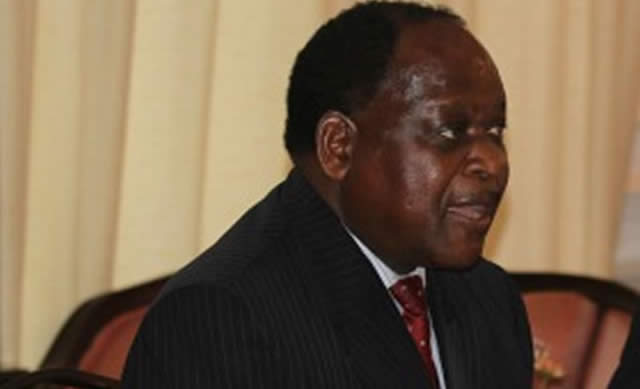Experts hail externalisation grace period

Harare Bureau
Legal experts and market watchers are agreed that Government’s three-month amnesty on individuals and companies that externalised money and assets will be well received, setting the tone for the much-needed economic recovery.
President Emmerson Mnangagwa said on Tuesday that Government has decided to grant the three-month moratorium for the affected companies to repatriate back the money and assets after discovering that significant amounts had been externalised.
Mr Respect Gwenzi, the managing director of Equity Axis, a financial markets research firm, said President Mnangagwa’s goodwill gesture set the right tone for re-engagement with the market, from which a viable relationship could be built.
“The President’s ultimatum was indeed welcome and sends a positive tone and gesture from his new Government, which has a positive bearing on driving investor sentiment,” said Mr Gwenzi.
“His resolve to fight corruption and run a more leaner Government structure, buttressed by process efficiencies is exactly what financiers and investors want to hear and indeed what the economy has been crying for.”
Mr Gwenzi said illicit financial outflows had worsened the country’s economy.
“It is estimated that the country has been losing an average of $1,4 billion per year in illicit flows in recent years, a factor which catapulted our economic misfortunes,” he said.
“By any measure, this figure per annum is huge. A two-year recovery added to a one-year leakage stem would be enough to stabilise the economy in the short run, given that all of it is in hard currency terms.”
Mr Gwenzi said Government needed to make concerted efforts to recover the leaked funds.
“What I, however, doubt are chances of recovery given the complexities of investigations involved and the technicalities involved in classifying a transaction as illegal externalisation,” he said.
But Chief Secretary to the President and Cabinet, Dr Misheck Sibanda, has since said recovering the funds would be easy since the culprits were alreadly known.
A legal practitioner, Advocate Arthur Marara, said the President’s speech was explicit that parties that were guilty of externalisation had two distinct options: either repay the money or face the wrath of the law.
“The impact will be seen on what was said in the amnesty, which is saying upon the expiry of the three-month window, Government will proceed to effect arrest of all those who would not have complied with this directive,” he said.
“On this communication, the whole truth is issuing a pardon is a way to correct a violation. People were given an option to make things right by simply returning the funds, but the effect or failure to use this would result in arrest as stated by the President.
“Everything is from the four corners of the communication from the President because externalisation is a violation of Exchange Control regulations.”
The amnesty will stretch from December 1 to the end of February 2018.
It is clear that non-compliant companies and individuals will face the ignominy and embarrassement of being dragged before the courts, as warned by President Mnangagwa.
“Upon the expiry of the three-month window, Government will proceed to effect arrest of all those who would have failed to comply with this directive, and will ensure that they are prosecuted in terms of the country’s laws,” said President Mnangagwa in his statement on Tuesday.
“Those affected are thus encouraged to take advantage of the three-month moratorium to return the illegally externalised funds and assets, in order to avoid the pain and ignominy of being visited by the long arm of the law.”
Central bank statistics indicate that an estimated $3 billion was externalised between 2015 and 2017 to countries such as Mauritius, in the Far East and Botswana, although the figure could be far much higher.
It is believed that of the $3 billion, about $1,8 billion was spirited away illegally, while the balance was expatriated through management fees, service fees, technical fees and royalties.
The apex bank also estimates that the country lost on average $150 million monthly in 2015 to illicit financial flows.
The Bank Use and Promotion Act prohibits capital flight and money laundering.
Corporate malfeasance and general indiscipline in the financial services sector, including externalisation, have been some of the factors blamed for cash shortages in the economy.











Comments